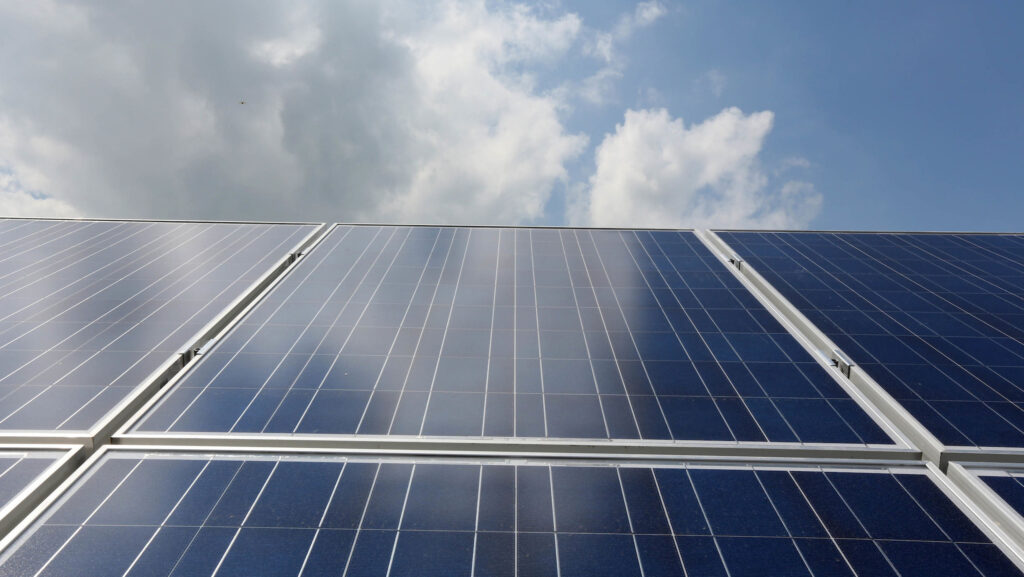Huge solar farm plan a ‘threat’ to prime farmland
 © Tim Scrivener
© Tim Scrivener Plans for the UK’s largest solar development in Lincolnshire have sparked significant controversy, with critics warning the project could devastate the county’s prime agricultural land and food security.
Professor Janet Bellamy, an expert in food processing at the University of Lincoln, told a packed meeting at Weston Hills Village Hall, Spalding, that the industrialisation of Lincolnshire’s fertile farmland would transform it into a “death valley”, damaging the region’s ability to produce fresh vegetables and contribute to national food security.
The project, led by Meridian Solar, aims to build a 750-megawatt solar farm with battery storage on approximately 1.012ha of farmland – the size of 2,800 football pitches – across several communities, including Sutton St Edmunds, Gedney Hill, and Holbeach Drove.
See also: Lincs farmland under threat from massive pylons project
Central to the project is a proposed 14ha sub-station at Weston Marsh, part of an 87-mile overhead pylon cable route being constructed by National Grid from Grimsby to Walpole, Norfolk.
This sub-station is crucial for connecting the solar farm to the national grid.
Meridian Solar’s plan includes erecting a second line of 50m-high pylons over 7.5 miles of farmland, further fuelling local opposition.
Farmer Jenny Pennington, whose land may be affected by various cabling projects, stressed the central role of the Weston Marsh sub-station in enabling these projects.
Without this sub-station, she argued, the projects could not proceed.
Jane Thompson, coordinator of the Meridian Action Group, called for residents to oppose the scheme, the detrimental impact on high-grade arable land – much of it Grade 1 and double cropping – and the disruption during the two-year construction period.
Environmental cost
Critics argue that the solar development and associated infrastructure represent a short-term, outdated technological solution with a substantial environmental cost.
There are additional fears that the land used for solar panels will never return to farming and that the chemicals used to clean the panels could harm the land.
Meridian Solar states the solar farm project is needed to provide cleaner sources of energy and help the UK government meet its commitment of net zero carbon emissions by 2050.
If Meridian Solar Farm is constructed, it will provide energy for up to 215,000 homes, according to the company.
Meridian is conducting its own non-statutory consultation ending on July 11. Have your say at www.meridiansolarfarm.co.uk
